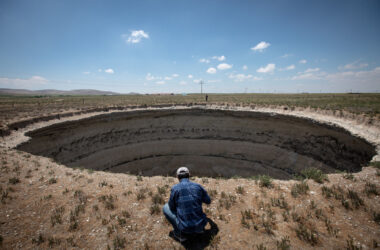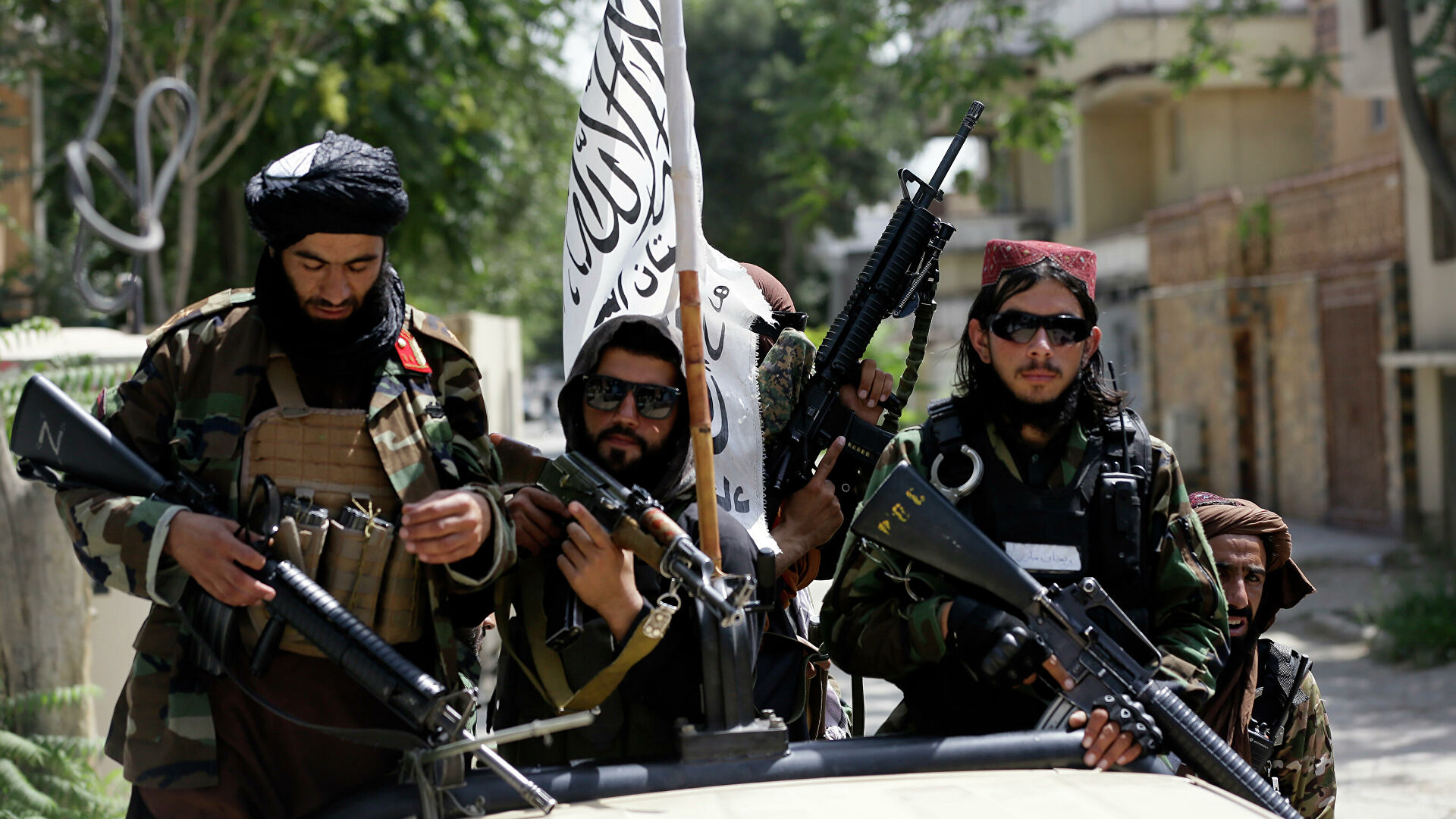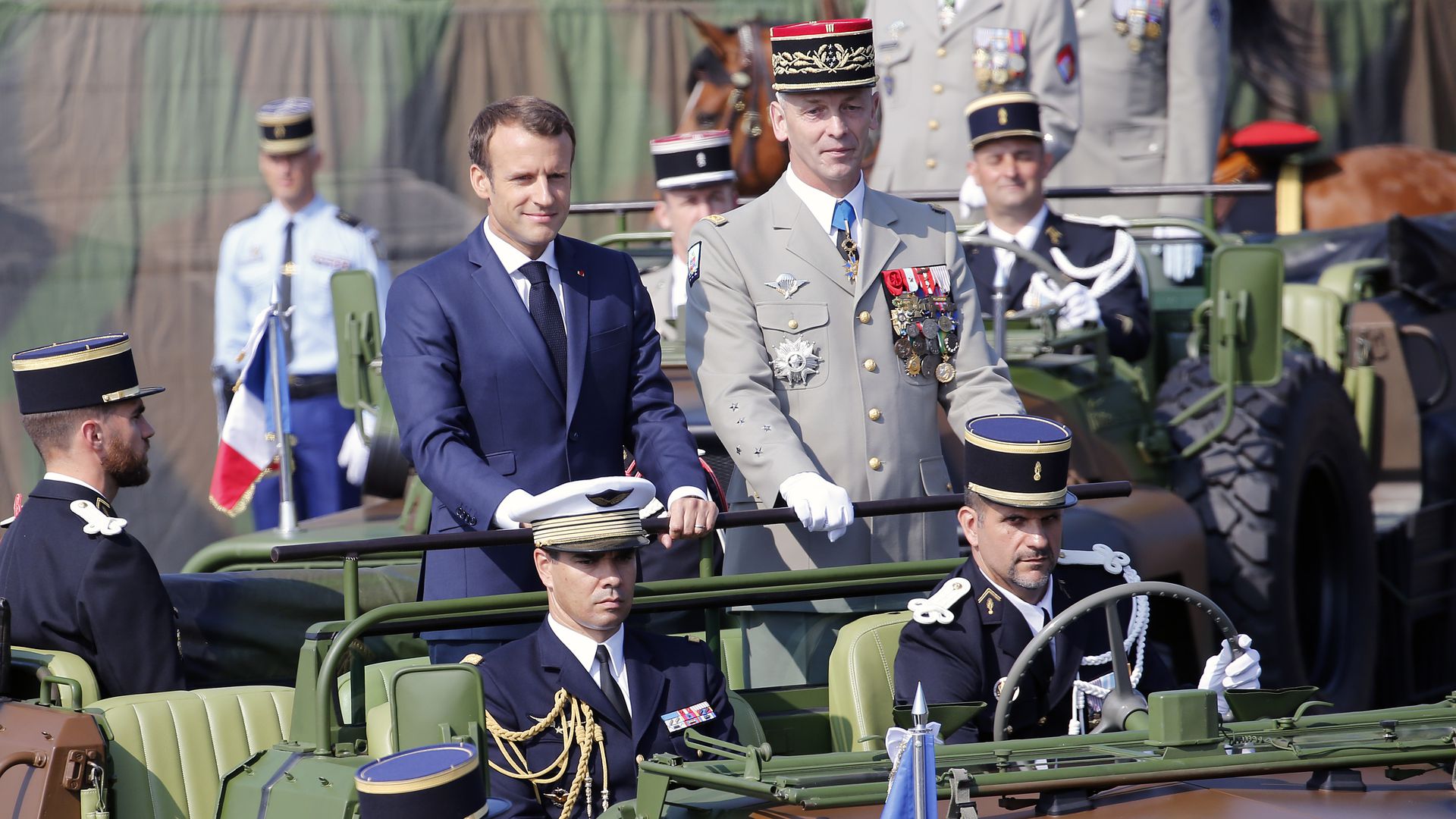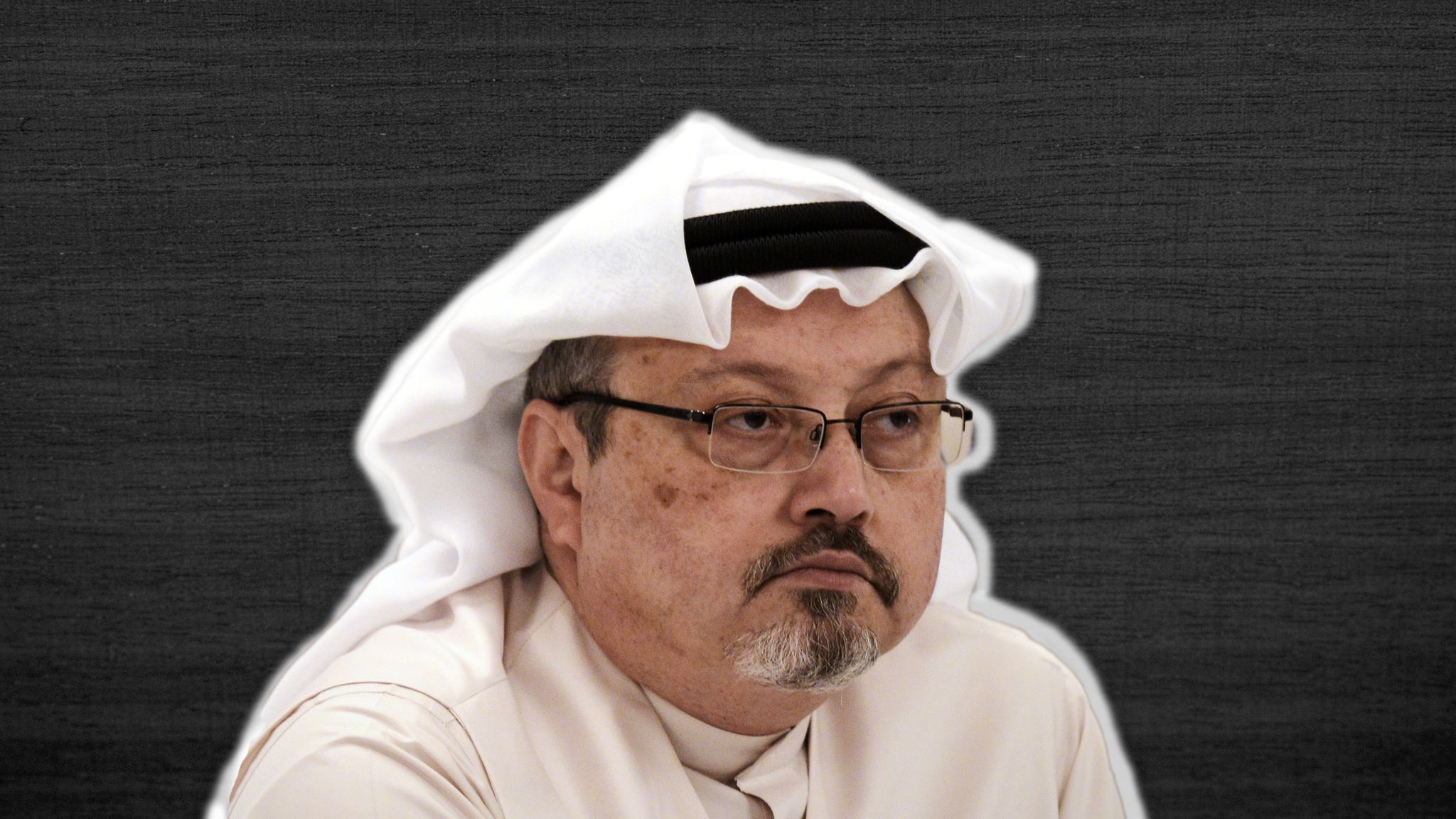Since the establishment of states and relations between them, security is a vital factor. All the concepts which are related to states such as wars, education, science, etc. are a part of security.
Securitization theory provides us an opportunity to understand how and why a particular public problem turns into a security problem. When the problem is outside of the political sphere, the state is not related to this problem and this problem is not the subject of public debate and decisions. If the problem is politicized that means it has been a part of public policy. At this point, the government makes a choice regarding the politicized problem and makes decisions based on the outcome of this choice and transfers resources to the problem, in this way the problem also concerns the society. The securitized problems may remain on the security agenda for a long time without being reintroduced in the political sphere or removed from security. In this sense, non-securitization is that what was previously considered as a threat is no longer considered a threat. To make it more concretely, if the securitizing actor presents any event as an existential threat for the perpetuity of the reference object, it is defined as the security problem. If this security problem is also adopted by the audience, it is now possible to take extraordinary measures for this problem.


When we look at the relation between French Foreign Legions and the national interests of France abroad from the securitization perspective, we may clearly understand why France established the French Foreign Legion and why does France recruit from different nations and what does France do abroad. The first and basic answer to these questions is security. But when we look at the situation deeply, according to the securitization theory, there are some conditions that are necessary for securitization. So, we can examine the process of the establishment of French Foreign Legions and what purposes they established from the securitization perspective. France who is the securitizing actor saw the influx of refugees is a problem and also the army had to be strengthened to protect the colonial empire of France, so these were the security problems of France, and with the support of the audience, France took extraordinary measures such as establishing the French Foreign Legion.
French Foreign Legion established by Louis Philippe on 10 March 1831. The Legion was formed by recruits from different nations and these soldiers could only serve outside France. At that time in France, there was an influx of refugees, so France turned to crisis into an opportunity and used these refugees for its national interests abroad. During the 19th century, France had a colonial empire which includes mostly Africa and also Indochina and South Pacific. So, this lands had to be protected by France but, the military had not enough power for that, so the Legion had established and authorized to protect this lands, but later the Legion also had used for the fights of France such as Franco-Prussian War, World War I, World War II, etc. Many years passed, even if the France colonial empire collapsed, the French Foreign Legion was still in mission. But, the Legion’s mission had been increased to protect French interests in its former colonial empire especially in Africa such as rapid deployment force in the 1960s and 1970s. Also, the French Foreign Legion became a unit which always prepared to go to conflict zones all over the world.


Since the beginning of the establishment of the Legion, the purpose of the Legion is to protect the interests of France abroad. Today, even though the Legion continues this mission, it does not do it under the name of protecting its interests. Since 2014, the Legion made some operations in Africa which was the part of French Colonial Empire. The purpose of these operations was to clear the area from local terrorist organizations. Of course, if we take a deeper look at the issue, France does not have any land in that region and it is very obvious that even if its protection seems unnecessary to France, it wants to keep its relationship with the former colonial states good and warm. In some way, it is a mutually profitable agreement for France to protect these states. In this way, France can benefit from the former colonial states thanks to its oil, raw materials, etc. France who had benefited from colonial states thanks during the 19th century now benefits from former colonial states thanks to colonialism under the name of protection, but as I mentioned before it is a mutually profitable agreement, so there is no problem for both sides. Of course, there are a lot of responsibilities for the Legion on this issue, because such regions can be very dangerous to worry about terrorists, and Legion can face close combat. As I mentioned before, the Legion is formed by foreign nationalities, so France does not send its French soldiers to dangerous regions, in some way protecting them from danger. Maybe some people cannot believe that the Legion which military unit composed of foreign soldiers will organize operations and endanger their lives, but France makes some good offers for them to make them a volunteer for the Legion. France guarantees that it will give French citizenship to the soldiers who have joined the Legion and served for 5 years, at the same time, it offers a second chance by guaranteeing a new identity and citizenship by taking people who have committed a crime to the Legion. Thus, today there is a military unit consisting of more than 140 nations in the Legion and they continue to perform their duties wherever they are.


In conclusion, I would like to make my comment on this issue. In my opinion, France managed to turn the crisis into an opportunity by evaluating the influx of immigration to its country very well. France showed the Legion as a necessary factor for the security of the country and with the establishment of the Legion, it started to do its dirty works under the name of state interests. Legion, which continues its duty today, continues to carry out operations in Africa, where it previously dominated as the former colonial state. Because of the world peace and understanding of equality of the states prohibit the colonialism, France does not explicitly colonize these regions, nevertheless, it protects these regions from terrorist threats by using the Legion to protect their interests. Thus, it generates an income from these states thanks to a warm and good relationship with these African states. At the same time, speaking of the French language of these states contributes to France culturally. When all of these are evaluated, I can say that France’s foreign policy approach is not far from the past, it is helping the undeveloped countries, which are the former colonial state, to fill its case and do not even use its French soldiers thanks to the French Foreign Legion.
References:
https://www.africa.upenn.edu/K-12/French_16178.html
https://www.britannica.com/place/France/Foreign-policy
https://en.legion-recrute.com/mdl/info_seul.php?id=64&block=0&article_theme=1&titre=Information
https://www.britannica.com/topic/French-Foreign-Legion/History












